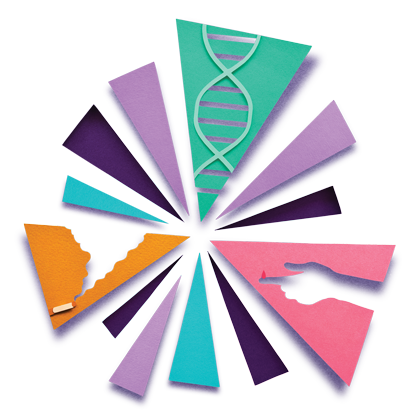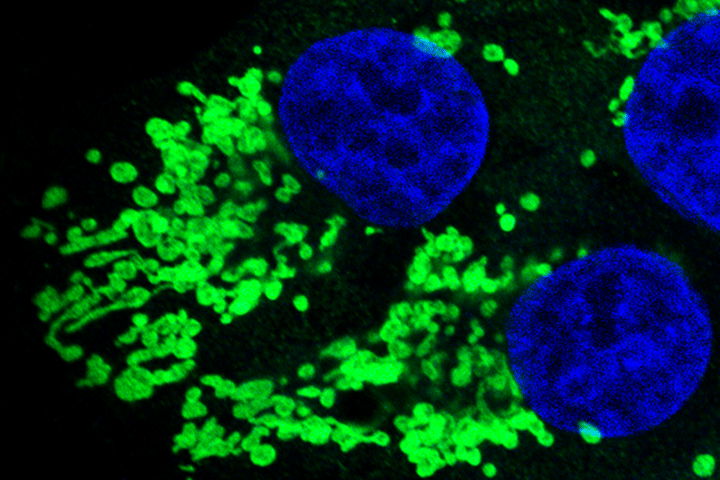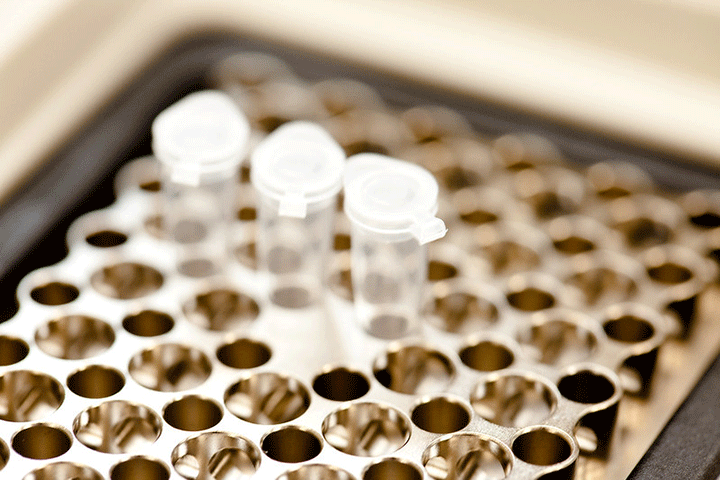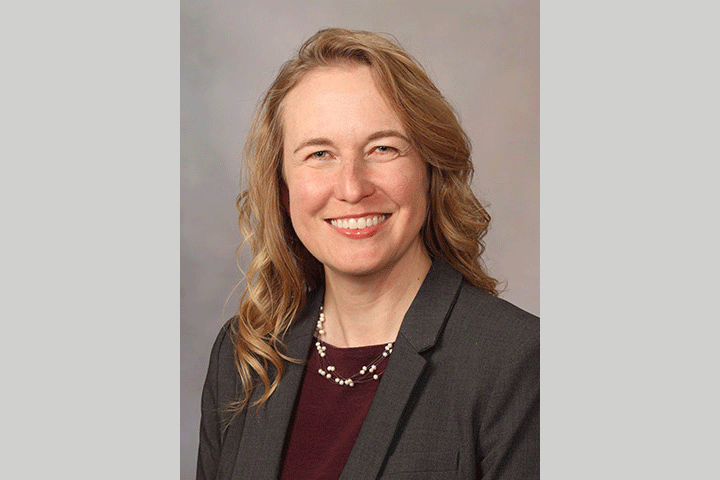Meet the Researcher: Hiroyuki Kato, M.D., Ph.D.
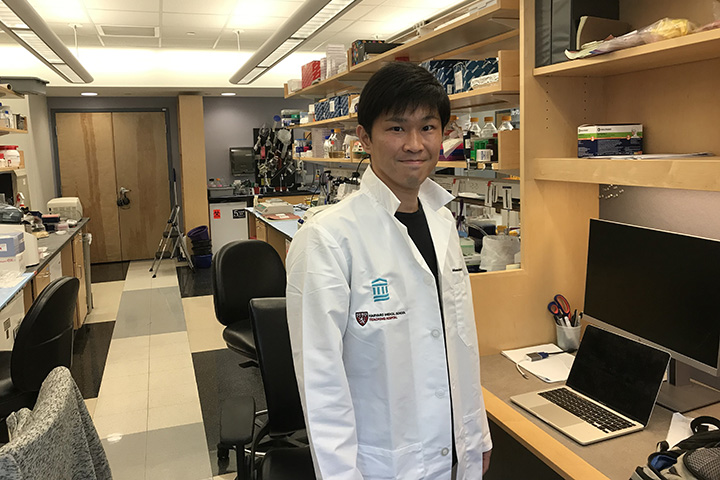
Early career investigators pave the way for future breakthroughs in pancreatic cancer treatment.
At the 2022 AACR Special Conference: Pancreatic Cancer, Let’s Win supported the attendance of four early-career scientists. We will be featuring their important work over the next few months.
Choosing a Career Very Early
There are some persevering people in the world who keep striving to make their dreams come true. Hiroyuki Kato, M.D., Ph.D., is one of those people. In fact, Kato, a physician–scientist who is currently completing a postdoctoral fellowship at Mass General in Boston, Massachusetts, can’t remember a time when he didn’t want to be a doctor. “There were no doctors around me, including [in] my family,” says Kato, who specializes in gastroenterology. “But ever since I can remember, I wanted to be a doctor. I thought that medicine is a profession that can bring happiness to people and keep them happy.”
A native of Japan, Kato entered the University of Tokyo Graduate School of Medicine immediately after graduating high school. The program takes six years, and he received his medical degree in 2011. During his first two years at the University of Tokyo, Kato studied a broad range of liberal arts with students from other disciplines. “I still keep in close contact with my friends from that time, who are active not only in medicine but also in many other fields, and I still find them stimulating and very helpful in gaining a perspective not limited to medicine,” he explains.
During the final four years of the program, Kato studied medicine, and he doesn’t believe the medical school curriculum is that different from the U.S. However, he was fascinated by the medical technology, medical systems, and research systems in the U.S. since taking the U.S. Medical Licensing Examination while still in school. In January 2010, he participated in the Exchange Clerkship Program at Harvard Medical School and did clinical rotations at Mass General, Beth Israel Deaconess Medical Center, also in Boston, and other institutions. This opportunity spurred him to work as hard as he could and, he says, gave him “a broader perspective” of medicine on a more global scale.
Before graduating from medical school, Kato thought he might specialize in neurosurgery or neurology. But during his clinical training at Tokyo Teishin Hospital, he had contact with so many patients of his parents’ generation who had cancer that he developed an interest in gastrointestinal cancer and decided to pursue a career in gastroenterology. During his specialty training as a gastroenterologist at the Japanese Red Cross Medical Center, in Tokyo, he knew he had made the right choice. “It was a huge core hospital, and I was able to experience a large number of cases,” he comments. “I was able to work closely with many patients with digestive cancers, and was able to build friendly relationships with many pancreatic and biliary tract cancer patients.”
Studying IPMNs
Both pancreatic cancer and biliary tract cancer have treatment limitations, and Kato wanted to find ways to improve therapies. He returned to the University of Tokyo Graduate School of Medicine and engaged in basic research. In his doctoral studies, he conducted research on pancreatic carcinogenesis from intraductal papillary mucinous neoplasms (IPMNs), precancerous lesions of the pancreas. His goal was to study it from an epigenetic level. He also studied at Professor Yi Zhang‘s lab at Harvard Medical School/Boston Children’s Hospital. Compared to Japan, genome sequence analysis was rapidly growing in the United States. That prompted him to learn various sequence methods and bioinformatic analyses while studying in the United States.
IPMNs, which are reported to cause cancer at an annual rate of about 0.7 percent, are generally discovered asymptomatically through coincidental imaging examinations. But the number of patients diagnosed with IPMNs has been increasing along with improvements in diagnostic imaging. Currently, the treatment policy is to follow the patients regularly, and surgical resection is performed when any sign of cancer has been detected.
“Patients are anxious during the follow-up period, but there is no established medical treatment or strategy to prevent carcinogenesis,” says Kato, the 2022 winner of the AACR Scholar-in-Training Award. “Unmet needs exist here. Pancreatic cancer is a highly malignant disease, so I am looking for ways to intervene at a premalignant stage.”
He is currently studying in the Nabeel M. Bardeesy lab at Harvard Medical School/Mass General, where there are “excellent models and technologies to study IPMNs,” he explains. “I’m very interested every day and devote myself to studying this disease in such a privileged environment.”
Kato is optimistic about the future of pancreatic cancer treatment. “Just as the COVID-19 vaccine was a game changer, I believe that proper science will lead us to breakthroughs even against pancreatic cancer,” he says. “Although pancreatic cancer is still a tough disease, I hope our work focusing on IPMNs could lead to decreases in pancreatic cancer incidence and help prevent these difficult cases. This is what interests me and drives me to work hard.”
When he’s not working, Kato enjoys spending time with his wife and two children. “I think my personality makes me responsible and proud of my work, no matter what job I do, even if I am not practicing medicine. So I think my hobby is my job,” he says. “On the other hand, I am a father of two children. My family is very important to me, and I cannot thank my wife enough for her understanding of my work, and my two children for my motivation to work.”



